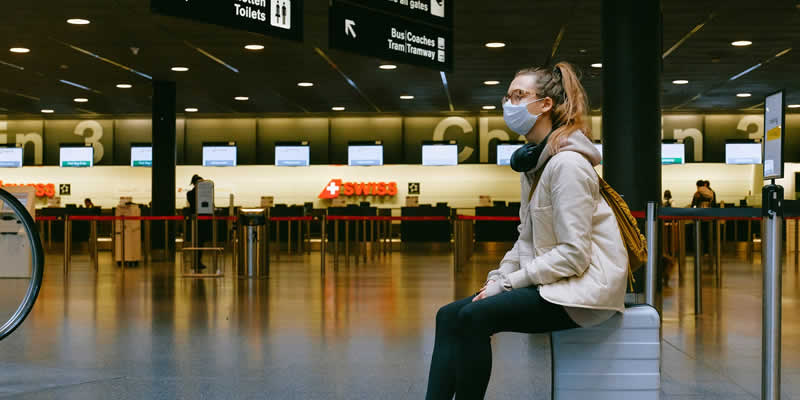“National unity” and “global solidarity” is needed to help bring the global pandemic to an end, according to the head of the World Health Organization (WHO).
Comparing COVID-19 to the Spanish flu of 1918 which ended after two years since the first case was reported, Dr Tedros Adhanom Ghebreyesus said he was hopeful it would be possible to do the same with coronavirus.
- Hyperglycaemia and insulin treatment highlighted as poor outcome indicators for COVID-19
- Llama antibodies could help treat COVID-19
Speaking at a press conference in Geneva, he said: “We have also the technology to stop it, and the knowledge to stop it,” he said, before adding the importance of “national unity, global solidarity”.
Although, he did acknowledge that with “more connectiveness, the virus has a better chance of spreading”.
At least 50 million people died from the Spanish flu, and COVID-19 has so far claimed the lives of 800,000 people. Worldwide there have been nearly 23 million infections recorded, although that figure is thought to be significantly higher due to inadequate testing and asymptomatic cases.
Dr Ghebreyesus’ comments just days after Professor Sir Mark Walport said he predicted that COVID-19 was “going to be with us forever in some form or another”.
Speaking on Saturday to the BBC, the member of the UK’s Scientific Advisory Group for Emergencies (Sage), said: “So, a bit like flu, people will need re-vaccination at regular intervals.”
The WHO has confirmed there are around 150 pharmaceutical companies which are currently working on a vaccine.
Dr Ghebreyesus said: “A number of vaccines are now in phase three clinical trials and we all hope to have a number of effective vaccines that can help prevent people from infection. However, there’s no silver bullet at the moment and there might never be.”






